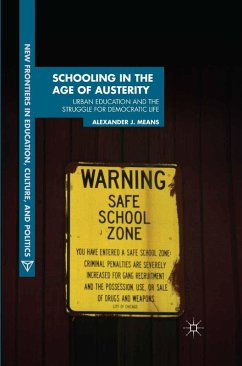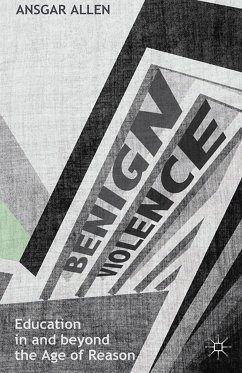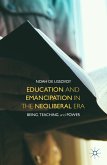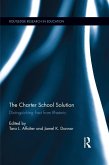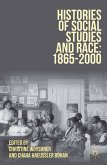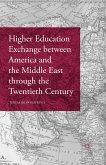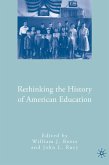Dieser Download kann aus rechtlichen Gründen nur mit Rechnungsadresse in A, B, BG, CY, CZ, D, DK, EW, E, FIN, F, GR, HR, H, IRL, I, LT, L, LR, M, NL, PL, P, R, S, SLO, SK ausgeliefert werden.
- Henry A. Giroux, Global Television Network Chair in English and Cultural Studies, McMaster University, Ontario, Canada, and author of Youth in a Suspect Society
"In this important book, Alexander J. Means demonstrates that the culture of policing and containment in urban schools is intertwined with the material and symbolic violence of neoliberal urbanism and economic austerity. Through the perspectives of youth and their teachers, Means describes the impacts of the militarization and corporate dominance of schooling and the destabilization of disinvested African American and Latino working-class communities - and he finds the spaces of hope and possibility created by young people and adults. This book should be read by all those who wish to understand, and challenge, racialized social and economic inequalities and injustices in urban schools." - Pauline Lipman, Professor of Educational Policy Studies, University of Illinois at Chicago, USA and author of The New Political Economy of Urban Education: Neoliberalism, Race and the Right to the City
"Means presents compelling views on various factors influencing the reform of public schools, including teachers' unions, curricular planning, and indicators of success . . . Additionally, Means provides the invaluable perspectives of youth from Chicago who were the direct recipients of school reform: he discusses their experiences with the process, be they positive, negative, or undetermined. While no clear resolutions are offered, several key discussions are organized to allow the reader to reflect and challenge his or her own preconceived notions about stakeholdres, outside participants, and factors influencing school reform . . . Recommended." - Choice
'Alexander J. Means provides an excellent contribution to the already vibrant discussion and criticism of the neo-liberalization of US schooling and concomitant assault on the public sphere writ large . . . Ultimately, Means' book is an exemplar of the necessary imbrication of theory, method, and ethics in critical policy scholarship.' Graham B. Slater, University of Utah, USA

